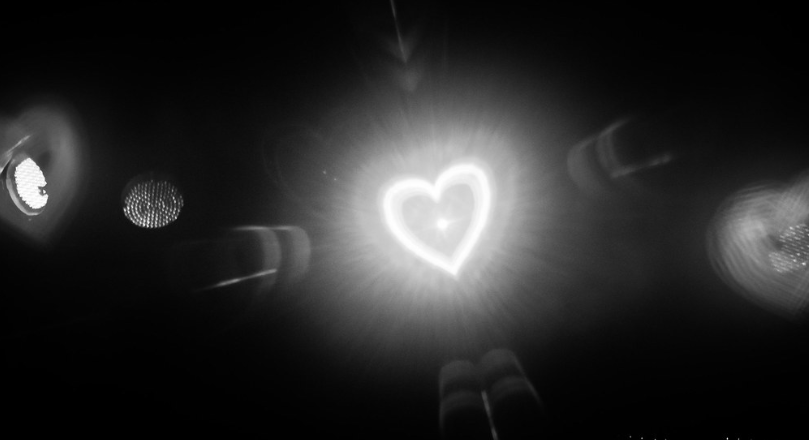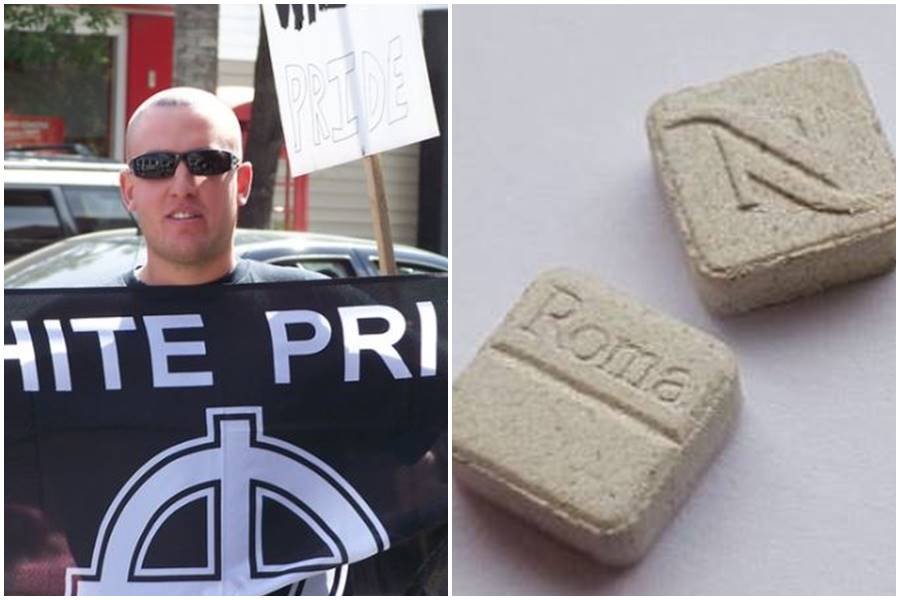A story by Rachel Nuwer published by the BBC shows how even the most hardcore white nationalist has the power to experience change. It all happened to a 31-year-old man named Brendan, whose life was in a hate-fueled freefall until he happened to take MDMA, known recreationally as ecstasy or Molly.
Nuwer is a freelance science journalist and the author of “I Feel Love: MDMA and the Quest for Connection in a Fractured World.” She hopes that by exposing people to the benefits of MDMA, the world can be changed through empathy.
“If people can use MDMA as a therapy to help get over their trauma and have more bandwidth to care about things in the world, maybe we could have a better place for wildlife and nature,” she told Publishers Weekly.
Back in 2017, it seemed like there wasn’t much help for Brendan. He was a member of Identity Evropa and attended the infamous Unite the Right Rally in Charlottesville, Virginia, where three people died and dozens were injured.
Can MDMA help to dispel bigoted beliefs? This excerpt from my book, I Feel Love, delves into the possibilities and limitations of using the drug for this purpose, through the story of a disgraced white supremacist who unwittingly took MDMA. https://t.co/jvana0rjd8 @BBC_Future
— Rachel Nuwer (@RachelNuwer) June 16, 2023
Identity Evropa, now known as American Identity Movement, is a white supremacist group that the Southern Poverty Law Center refers to as a “campus-based organization [that] focuses on raising white racial consciousness, building community based on shared racial identity and intellectualizing white supremacist ideology.”
Brendan rose in the ranks of Identity Evropa, eventually becoming the coordinator for the entire Midwest. But all that changed in 2019 after an anti-fascist group doxxed Brendan and 100 of his fellow Identity Evropa members. After his identity became public, he lost his job and many of his closest relationships.
A few months later, Brendan signed up for an experiment at the University of Chicago on whether MDMA increased “the pleasantness of social touch in healthy volunteers.” Thirty minutes after taking 110 mg of MDMA, Brendan had a revelation. “Wait a second – why am I doing this? Why am I thinking this way?” he thought to himself. “Why did I ever think it was okay to jeopardize relationships with just about everyone in my life?”

After a researcher put him into an MRI, he was tickled with a brush. “I noticed it was making me happier – the experience of the touch,” Brendan told the BBC. “I started progressively rating it higher and higher.” One word popped into his mind: connection.
Brendan’s experience with MDMA is commonly felt by people who take the drug recreationally. MDMA triggers the release of neurotransmitters that make people feel euphoric, relaxed, and friendly, with a heightened feeling of security.
During the session, Brendan developed an understanding of humanity that was more like a revelation someone would have at a rave or in the desert during the Coachella festival. He realized that all humanity was “one” and that interpersonal connections were all that mattered.
“I realized I’d been fixated on stuff that doesn’t really matter, and is just so messed up, and that I’d been totally missing the point. I hadn’t been soaking up the joy that life has to offer,” he said. The experience completely changed the direction of Brendan’s life. He began meditating, attending therapy and working with a diversity, equality, and inclusion consultant to help him grow past his old ways. But there is still work to be done.
“There are moments when I have racist or antisemitic thoughts, definitely,” he said. “But now I can recognize that those kinds of thought patterns are harming me more than anyone else.”
Researchers believe many prejudiced views are hardwired into people at a young age and can be hard to change, especially with an unwilling participant. So the notion that someone can be transformed by taking a drug in a therapeutic environment provides another avenue for change.
Of course, we won’t be able to drug our way to a new world without hate, but Brendan’s story shows that when people are starved for real human connection, a small amount can be incredibly transformative.


































